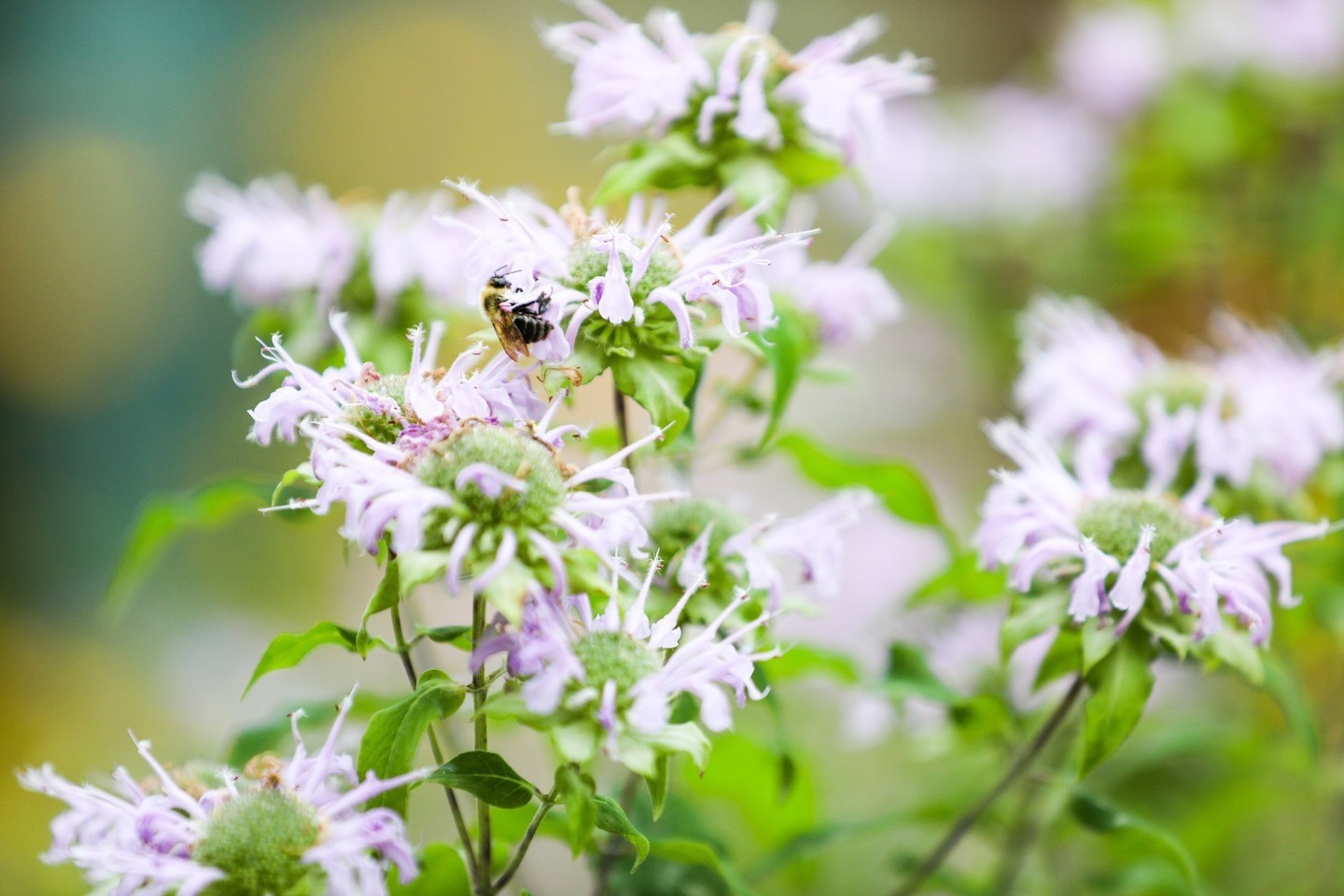- The Significance of Bees in Biodiversity and Food Security
- Potter Park Zoo‘s Initiatives in Supporting Bee Populations
- The Role of Zoos in Bee Conservation and Public Education
- Practical Steps for Individuals to Aid in Bee Preservation
- The Global Impact of Bees and the Importance of World Bee Day
Bees, an irreplaceable force in our ecosystem, are the invisible workers behind the scenes ensuring the continuity of biodiversity and food production. In their search for nectar, these tireless pollinators facilitate the reproduction of plants by transferring pollen from one flower to another. This process leads to the production of seeds, fruits, and vegetables, nurturing the diets of humans and wildlife alike and thus supporting global food security. Potter Park Zoo recognizes these insects’ crucial roles, advocating for their preservation through dedicated programs and public awareness campaigns.
On this World Bee Day, we take a moment to illuminate the less obvious yet paramount fact that bees are central to our culinary lifestyles. The next time you savor the tangy burst of tomato in your salsa or relish the rich flavor in your favorite ketchup or hot sauce, remember that a bee’s work made this possible. Such staple crops rely on bees for their successful pollination and eventual harvest. With bees contributing to pollinating over 70% of the top human food crops, which supply about 90% of the planet’s nutrition, their value cannot be overstated.
In support of these vital insects, Potter Park Zoo has established a pollinator garden designed to provide a diverse range of flora catering to the needs of bees and other pollinating species. This garden serves as a sanctuary for bees to thrive and an educational platform for zoo visitors. It demonstrates the symbiotic relationships within ecosystems and humans’ dependency on these interconnections.
While zoos traditionally focus on conserving larger, more charismatic fauna, they also play a significant role in invertebrate conservation and education. Potter Park Zoo is no exception, engaging with the public and emphasizing the importance of bees within the context of wildlife conservation. Notably, preserving bee species benefits biodiversity and has economic implications, given the significant contribution bees make to agriculture globally.
The urgency for bee conservation can also translate to practical steps at the individual level. Homeowners can contribute to the cause by planting various bee-friendly flowers, providing an abundant nectar source throughout the year. Avoiding harmful pesticides is another critical step, as these chemicals can be lethal to bees and other beneficial organisms. Providing a water source, such as a shallow bird bath with rocks for bees to land on, will aid in their hydration and encourage them to frequent and pollinate gardens nearby.
World Bee Day isn’t just another date on the calendar; it’s a day for global acknowledgment of bees’ role in sustaining our planet. Its celebration is a call to action to protect and support bee populations. As agricultural practices grow more intensive and habitat loss continues, bees face increasing threats. This day challenges us to reflect on our interconnected lives with these tiny, industrious creatures.
Effects of diminished bee populations can ripple across ecosystems and economies, with declines posing threats to many plants that require pollination to reproduce. A world with few or no bees would look drastically different—it would be a world with fewer fruits, vegetables, and nuts, less variety in diets, and a potential increase in nutritional deficiencies. Moreover, the economic strain would be felt as crop yields diminish, pushing food prices up and destabilizing markets that depend on pollinated crops.
Happy World Bee Day from Potter Park Zoo is more than a celebration; it’s a call to awareness and action. As we recognize the indispensable contributions of bees, we must also acknowledge that sustaining bee populations is a shared responsibility. Whether as individuals, communities, or institutions like zoos, each has a role in fostering environments where bees can continue to flourish.
Bees’ global impact extends beyond nutrition and economy. They are a keystone species, meaning their presence, abundance, and health reflect the condition of their local environment. By protecting bees, we’re also preserving a barometer of our ecosystem’s health and taking proactive steps toward safeguarding nature’s intricate balance.
When we utter the words Happy World Bee Day from Potter Park Zoo, we are not only expressing our gratitude for these vital creatures. We also elevate our commitment to conserving biodiversity, advancing sustainable practices, and supporting the environmental health of our planet. So today and every day, let’s act to ensure bees continue to buzz in our gardens and fields, for their survival is intrinsically tied to our own.
*****
Source Description
🐝🌼 Happy World Bee Day from Potter Park Zoo! 🌍🐝
Did you know that bees are essential pollinators for crops like tomatoes and many other fruits and vegetables? If you enjoy salsa, ketchup, or hot sauce, you should thank bees for their role in pollination!
At our zoo, we’re proud to support bees with our pollinator garden, providing a habitat that helps these important pollinators thrive!
What do you do to help bees at home? Planting bee-friendly flowers, avoiding pesticides, and providing a water source are great ways to support these crucial creatures.
Let’s celebrate the incredible work of bees and their vital role in our ecosystem! 🌻🍅

